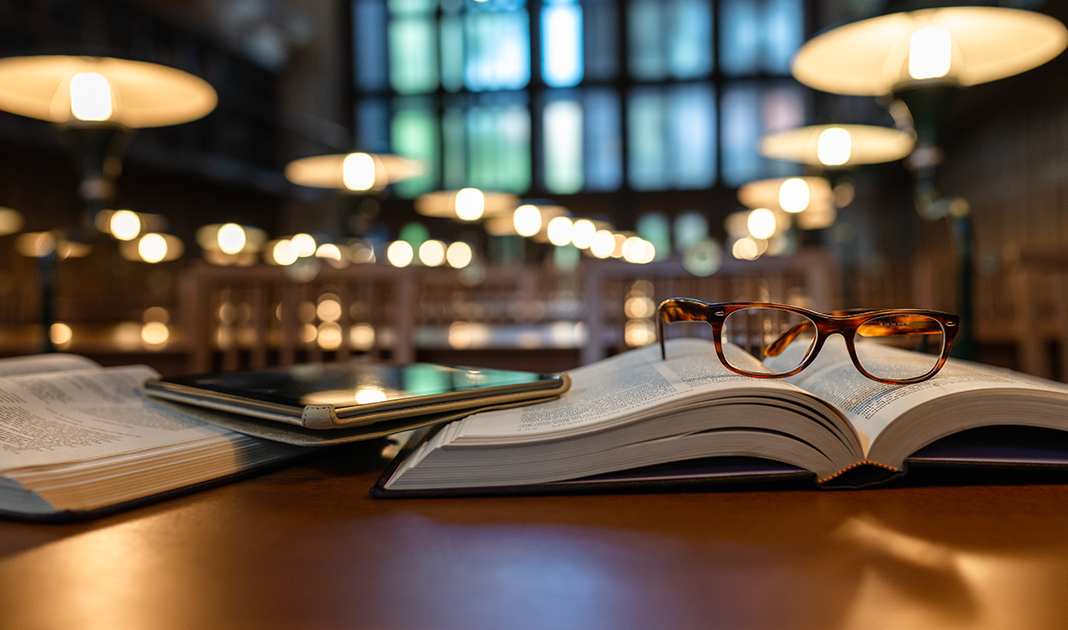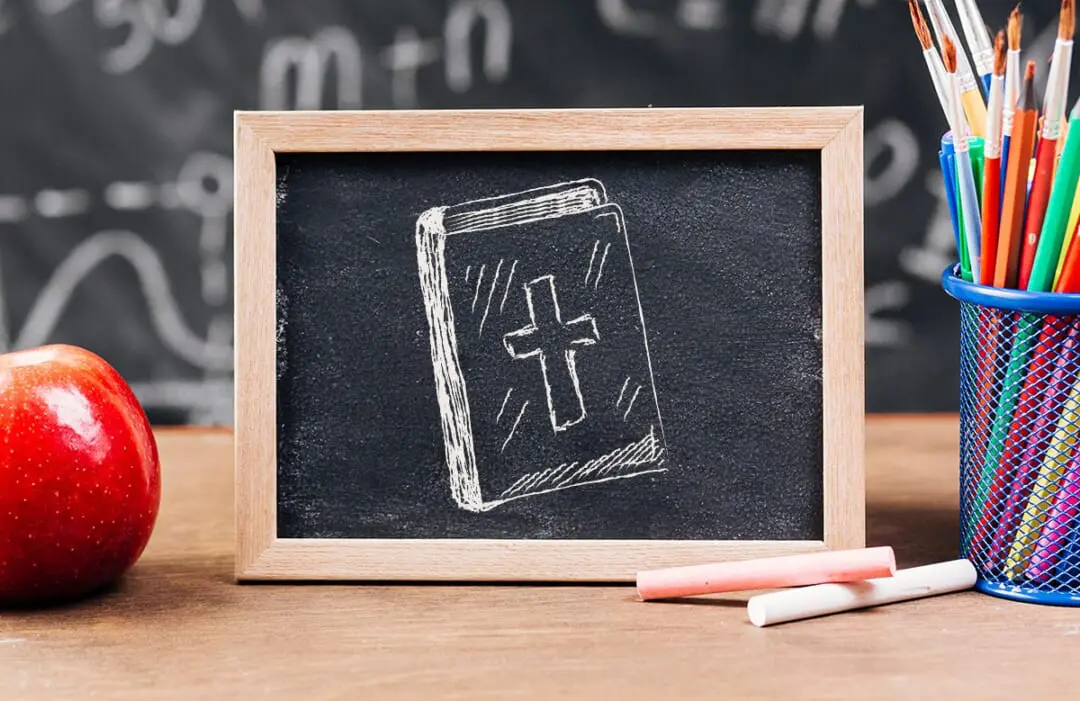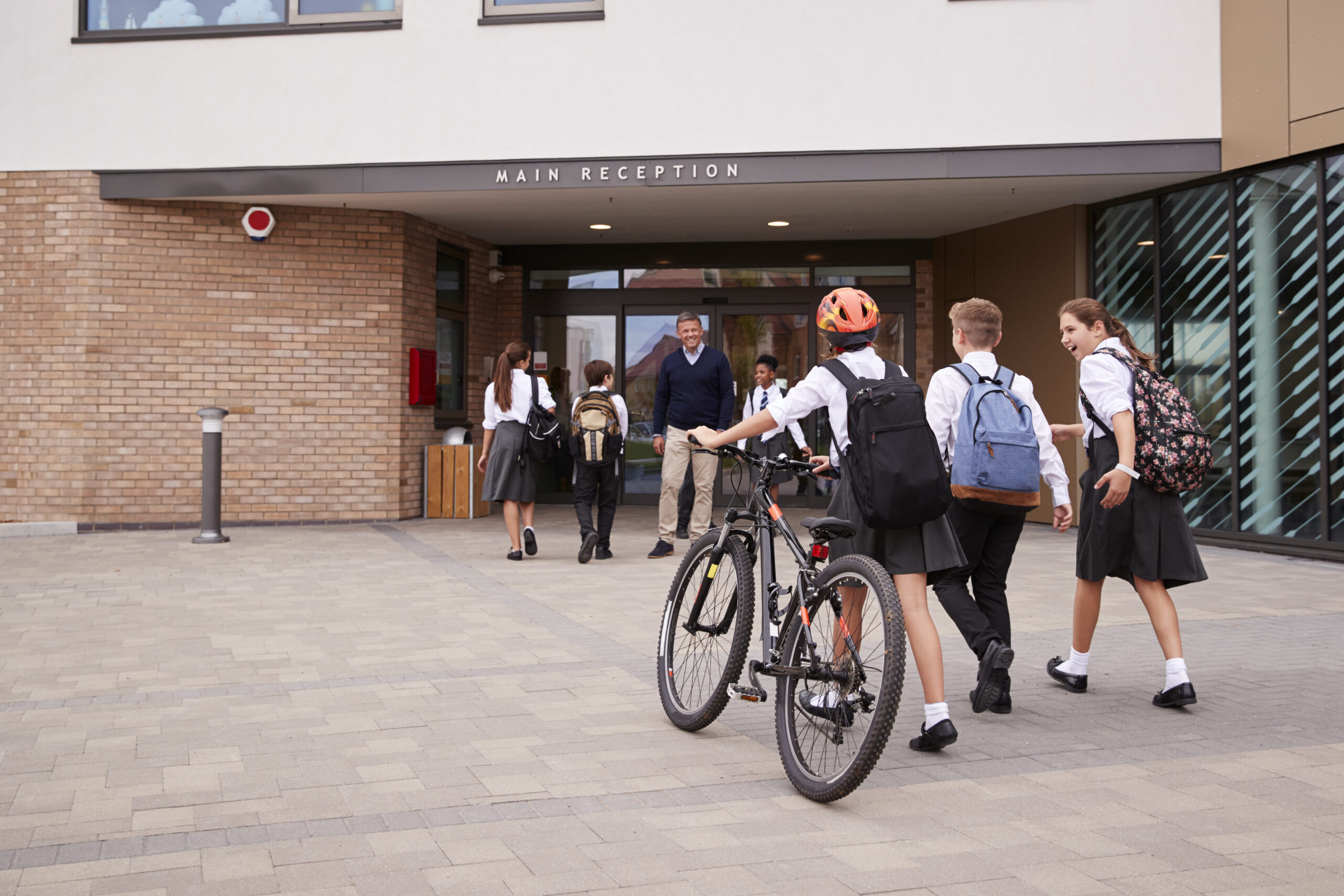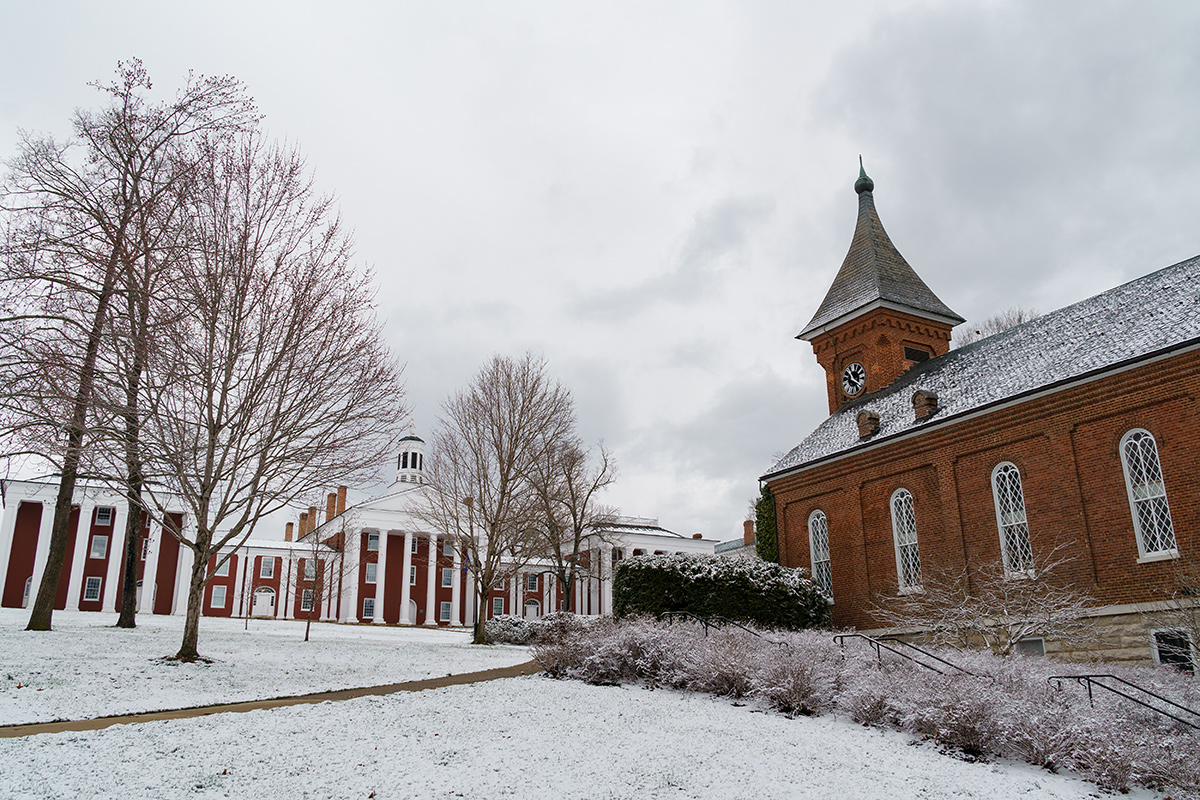Secondary Schools
The Center also has worked to enable religious student groups to meet in public secondary schools. In Bender v. Williamsport Area School District, 475 U.S. 534 (1986), vacating on jurisdictional grounds, 741 F.2d 538 (3d Cir. 1984), rev’g 563 F. Supp. 697 (M.D. Pa. 1983) (ruling in favor of student group), which was the first case heard by the U.S. Supreme Court on whether religious student groups could meet in high schools for Bible study and prayer, the Center represented a group of religious students who were denied this right even though other student groups met on their high school campus. Although the Supreme Court ruled for the students only on procedural grounds and not on the merits, the case became the basis for the federal Equal Access Act, 20 U.S.C. §§ 4071-4074, and a Supreme Court victory four years later in Board of Education v. Mergens, 496 U.S. 226 (1990).
The Center was instrumental in the drafting and passage of the Equal Access Act of 1984—the federal law that protects the right of all students to meet for “religious, political, philosophical or other speech on public secondary school campuses. See 128 Cong. Rec. 11784-85 (1982) (Sen. Hatfield statement) (recognizing CLS’ role). The Act was a bipartisan effort to protect religious student groups from being excluded from high school campuses simply because they wanted to meet for religious speech, including Bible studies and prayer, when other student groups met. For over four decades, the Equal Access Act has protected the right of student religious groups to meet at their public high schools during noninstructional time.
At the same time the Center had a petition in Garnett v. Renton School District, CITE, before the Supreme Court, the Court upheld the constitutionality of the Equal Access Act in the Mergens case in which case the Center had filed an amicus brief supporting the constitutionality of the Equal Access Act.
More recently, the Center represented the Fellowship of Christian Athletes (FCA) in Fellowship of Christian Athletes v. San Jose Unified School District, 82 F.4th 664 (9th Cir. 2023) (en banc), the school district derecognized an FCA chapter. For nearly two decades, students had met at Pioneer High School in San Jose, California, as a chapter of FCA. Student leaders, but not members, were required to agree with FCA’s religious beliefs. The school determined FCA’s leadership requirement clashed with its nondiscrimination policy and revoked FCA’s recognition. The court found that the school district had violated the Free Exercise Clause of the First Amendment when it revoked its recognition of FCA as an approved student club and held that FCA was likely to prevail on its claims under the Free Exercise and Free Speech Clauses and the Equal Access Act.
Despite the law being clear that Christian students are entitled to require their leaders to be Christian, the Center filed an amicus brief in support of FCA when the District of Columbia school administrators discriminatorily barred FCA from high school campuses.




